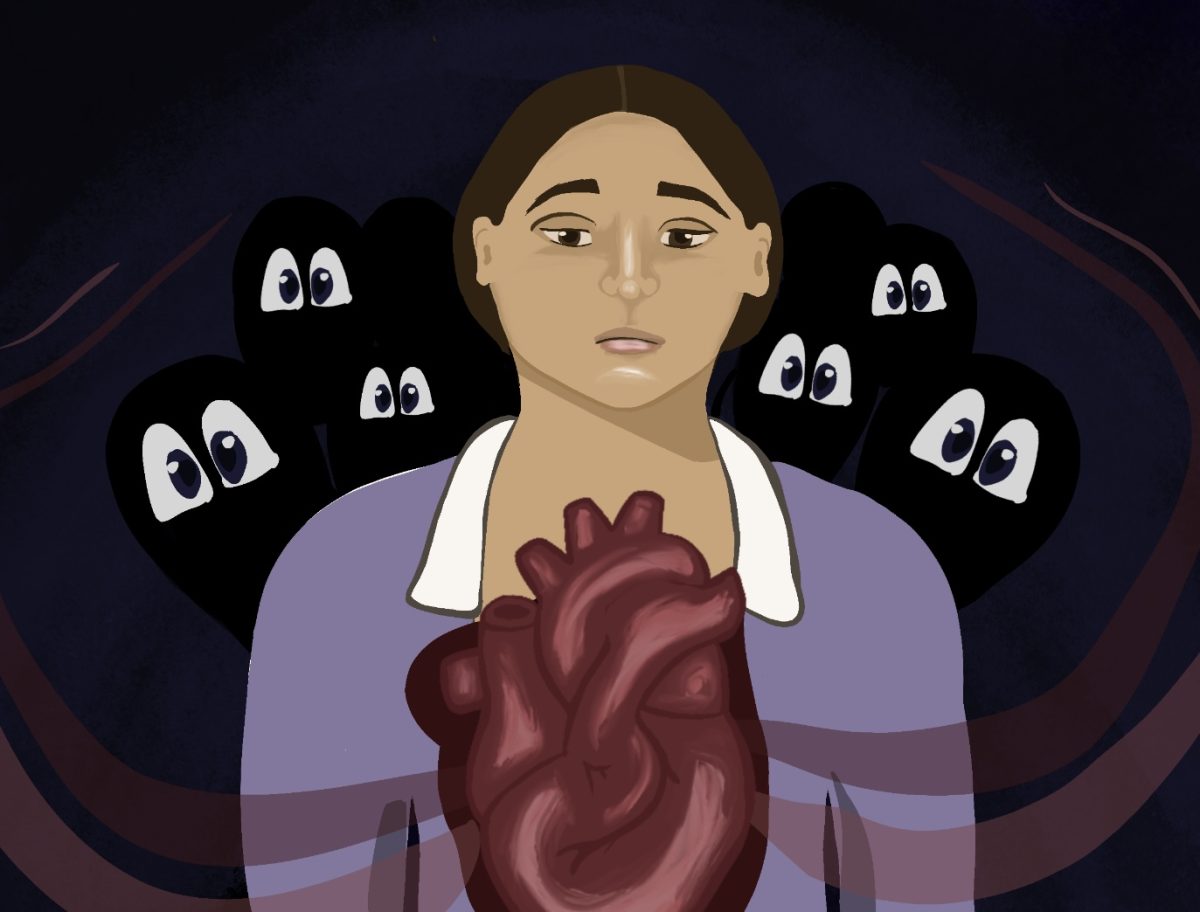UT is divided. Protests, counter-protests and counter-counter-protests frequently occurred throughout the fall semester. Images and videos of students yelling at each other, tearing up signs and teetering on the edge of violence circulated within the UT community and spread across the nation on social media.
UT’s current no-holds-barred campus as a battleground method for encouraging political discourse isn’t working. Productive conversation by and large is not happening. Beliefs and opinions are being shouted at and waved in the other sides’ faces, but no one listens. Our current discourse is a war of escalation, and we need a better way. UT needs to host forums for political discussion open to all students, student leaders and political organizations.
“The way we talk about politics on this campus tears people apart,” economics senior Katherine Horstman said. “It leaves people without the ability to explore their political beliefs and discuss them effectively.”
An open forum — supported by the University — that offers every student the chance to voice their opinions and concerns would promote an environment that fosters civil discussion and community engagement.
Horstman says she thinks students from every part of the political spectrum want to share their views, and others agree.
“Young Conservatives of Texas is ready and willing to discuss and engage with these issues,” said Saurabh Sharma, YCT chairman and biochemistry senior.
While interactions may get heated, a commitment to civil discourse and the moderation of forum discussion by student leaders can ensure productive communication still takes place. Anything is more productive than a shouting match on the sidewalk.
“We’d have to expect people to get emotional and passionate about the issues, but I still think that there is a way to talk about them respectfully,” Horstman said.
Demonstrations allow students to express their beliefs and solidarity with others, but so far this year, they’ve led to increased polarization multiple times.
“When you see students advocating for something you don’t agree with, there’s this expectation that there has to be this explosive, strong response,” Horstman said. “Otherwise, people don’t feel like they’re defending their beliefs.”
Then, in response to that response, another demonstration is held. And then there’s a response to that demonstration, and so on. We need a way to break this cycle and bring people with different views together for a meaningful discussion.
“I think it’d be fantastic for the University to provide a venue for this to happen,” Sharma said. “We need willingness from students to understand different perspectives.”
It’s easy for students on a campus as large as UT’s to become insulated from different political and social views. An open forum could encourage students to encounter new and different ideas. The University could host the political forums partnering with various political student orgs.
“We don’t want to forget that there are people with other perspectives here,” Horstman said. “I think that’s a big reason that people react so strongly when they see demonstrations by a group that holds opinions that they don’t really think they agree with. They’re shocked and they become defensive.”
Open forums hosted on campus will encourage productive political discussion, allow students to freely and openly express their views to their peers and promote a greater and more diverse sense of campus community.
“I think political forums are a great way for students to start considering other people’s experiences and perspectives,” Horstman said. “If UT wants us to change the world, they need to give us an opportunity to better understand it.”
Zaksek is a Plan II and women’s and gender studies freshman from Allen.

















